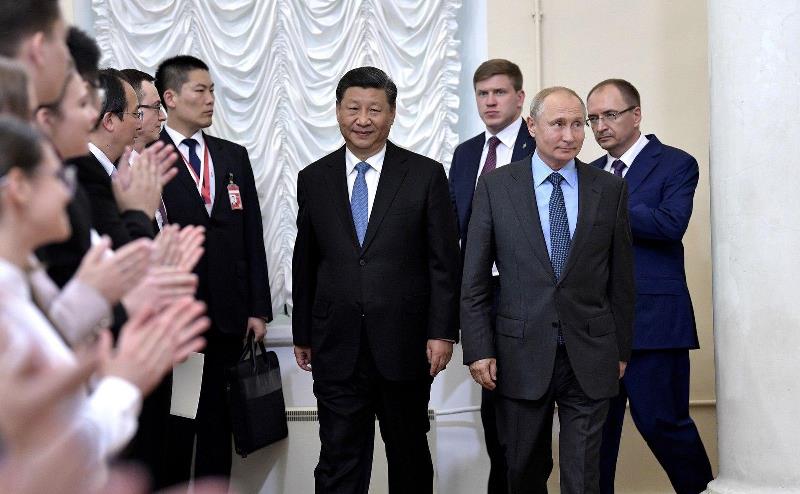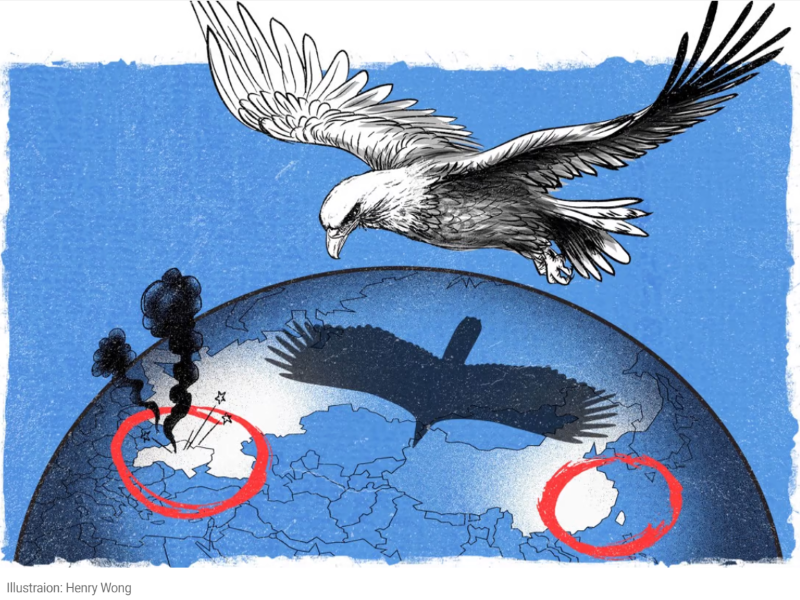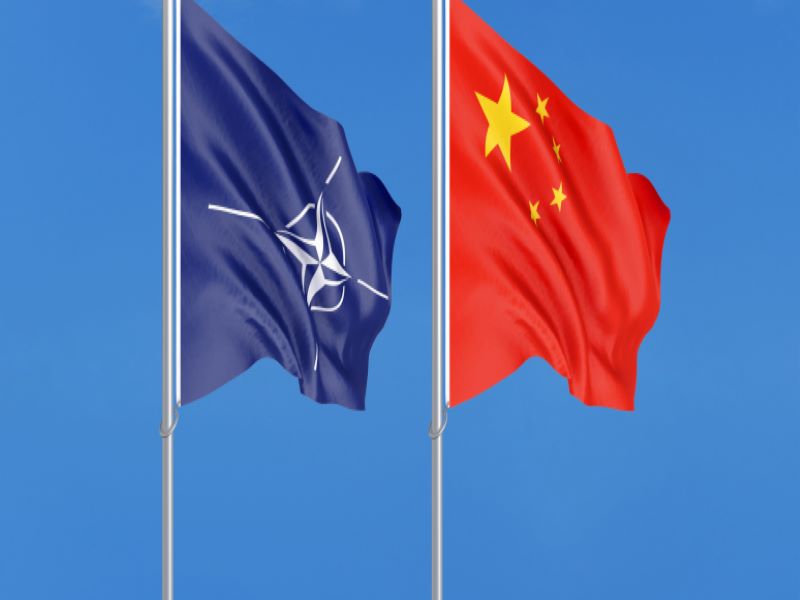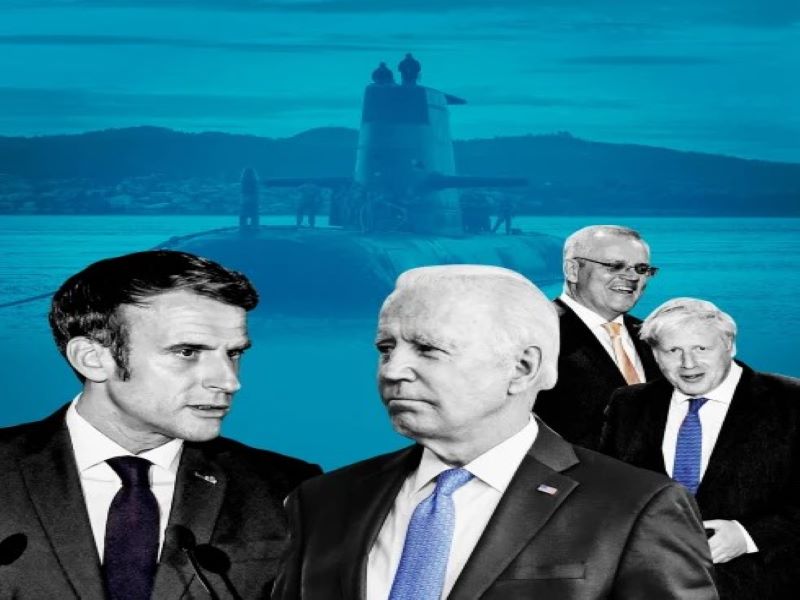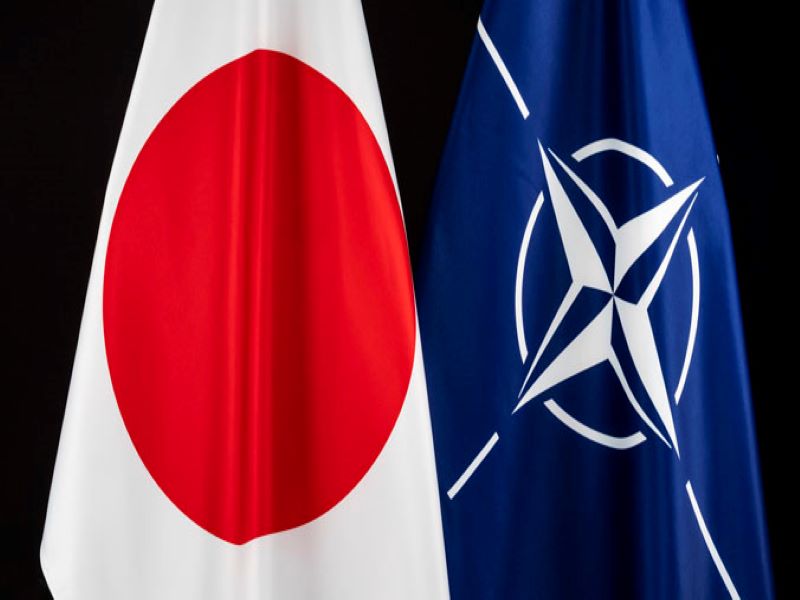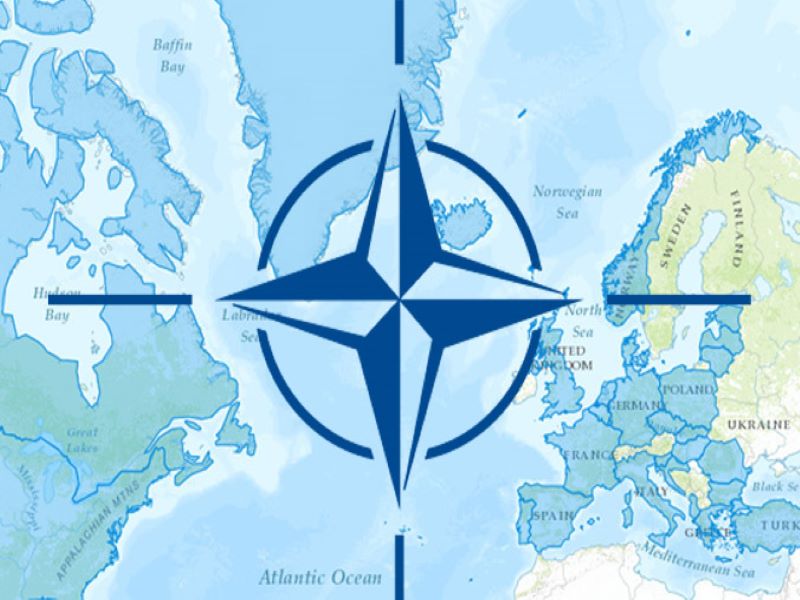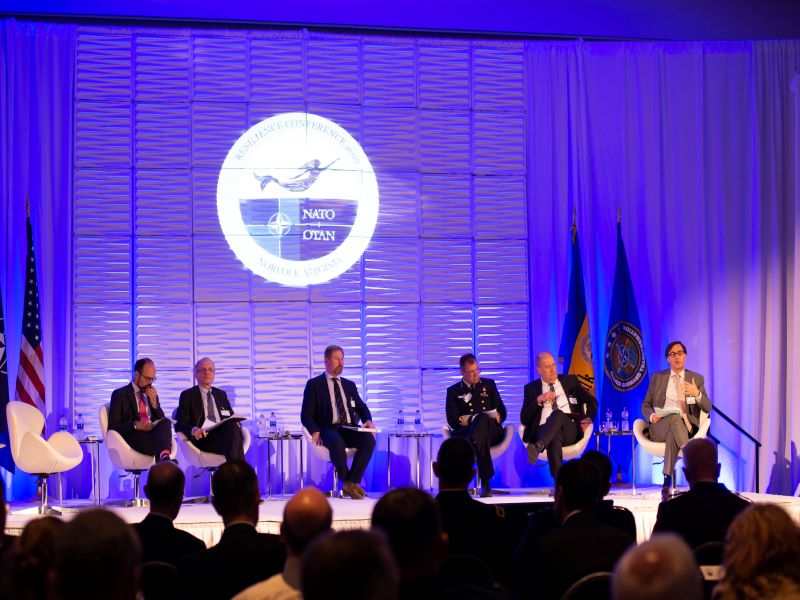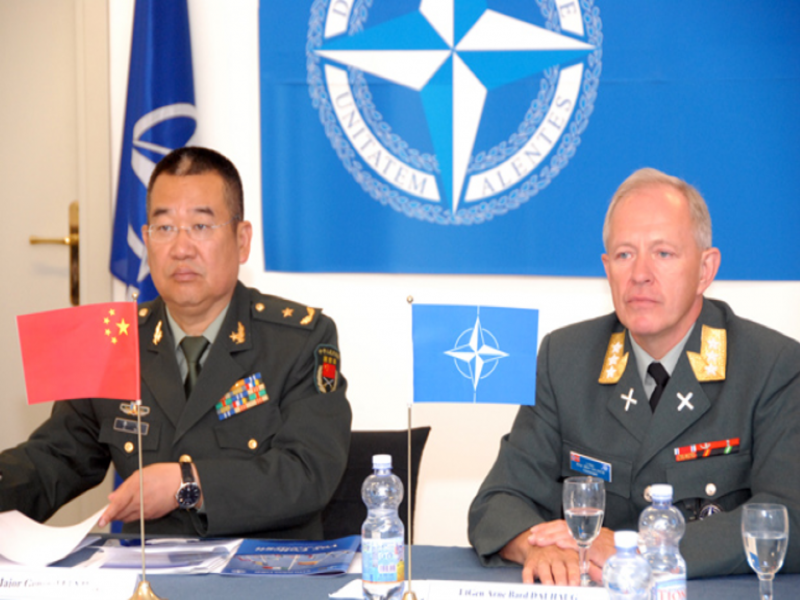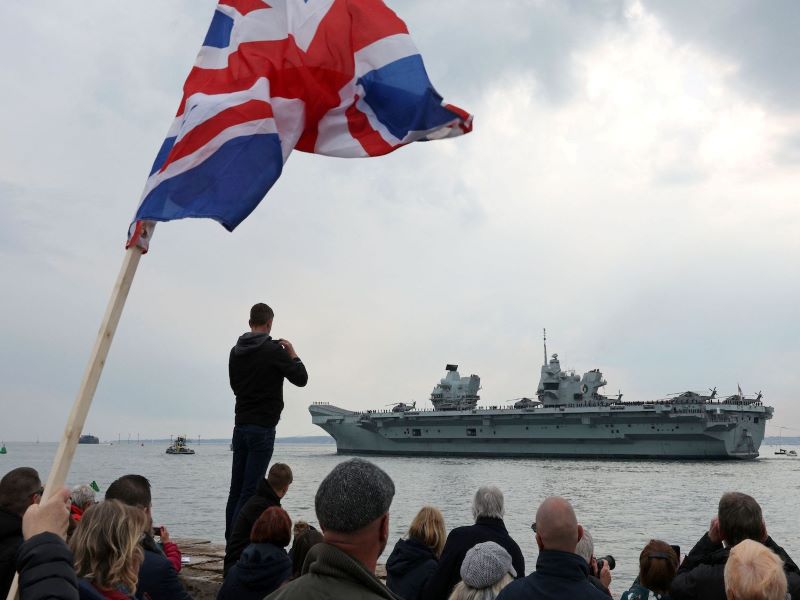Abstract: In this article, Research Analyst Andrew Erskine assesses how Chinese peacemaking attempts in Ukraine are dividing NATO members along West and East lines. In NATO’s 2022 Strategic Concept, the alliance remarked for the first time on how China posed a “systemic challenge to Euro-Atlantic interests, security, and values.” The document further illustrated how Beijing Read More…
Author: Andrew Erskine
The Taiwan Visit: Canada moving past megaphone diplomacy for its Indo-Pacific Strategy?
In this article, Research Analyst Andrew Erskine examines the recent trip to Taiwan by an all-party Canadian delegation. Specifically, he examines whether the trip offers a new glimpse into Canadian diplomatic thinking, one that is moving past megaphone diplomacy, for the country’s forthcoming Indo-Pacific strategy.
Do not be fooled, Ukraine and Taiwan are not the same: Key strategic lessons for NATO to learn in the event it aids Taiwan
In this article, Research Analyst Andrew Erskine compares and contrast the Russo-Ukraine war with the geopolitical climate existing between Taiwan and China, and argues that NATO needs to learn from its key strategic operations in Ukraine and adapt them for a multifaceted maritime operation.
Special Report: NATO’s Forgotten Western Flank
In this special report, Research Analyst Andrew Erskine poses the case for why NATO needs to acknowledge its western flank as a legitimate geo-security periphery. Demonstrating the periphery’s history, geo-security gravity, and opportunity to amplify intra-alliance unity and cohesion, Andrew presents a timely insight for why the time is ripe for including a new geopolitical flank to NATO’s security and defence mandate.
NATO, AUKUS & the Indo-Pacific: Further Proof of Intra-Alliance Friction
In this article, Research Analyst Andrew Erskine assesses the implications of the AUKUS security pact on NATO’s unity and cohesion towards a collective Indo-Pacific strategy and the need for the Alliance to develop an Indo-Pacific Council to avoid further debacles of intra-alliance friction.
Special Report: NATO’s Indo-Pacific Strategy Needs Japan
In this special report, Junior Research Fellow Andrew Erskine explores how NATO-Japanese relations are key for upholding a rules-based order in the Indo-Pacific. In particular, Andrew identifies how Japan, back with NATO’s diplomatic experience, can bring together Indo-Pacific nations that do not desire a bipolar order dominated by Sino-US great power competition.
Article V & the Indo-Pacific: Will NATO’s collective defence pact function in an out-of-area region?
In this article, Junior Research Fellow Andrew Erskine examines NATO’s collective defence pact against the backdrop of the growing contest in the Indo-Pacific to determine if Article V could be invoked to defend NATO members in the region.
The Indo-Pacific Takeaway: How can NATO build up its resiliency to China and a contentious global order
In this article, Junior Research Fellow Andrew Erskine identifies how a contentious Indo-Pacific can strategically maneuver NATO to preserve transatlantic prosperity by renewing its resiliency to Chinese cyber and economic coercion.
Special Report: Anticipating China’s reaction to NATO’s extra-regional tilt towards the Indo-Pacific
In this special report, Junior Research Fellow Andrew Erskine anticipates the strategic response China will initiate to match NATO’s growing tilt towards the Indo-Pacific as an extra-regional alliance
The Luring of the Indo-Pacific: Can NATO formulate a collective regional strategy for its members?
In this article, Junior Research Fellow Andrew Erskine explores the unilateral Indo-Pacific strategy of four major powers in NATO and how they pose a challenge for NATO in developing a collective strategy for the region.

